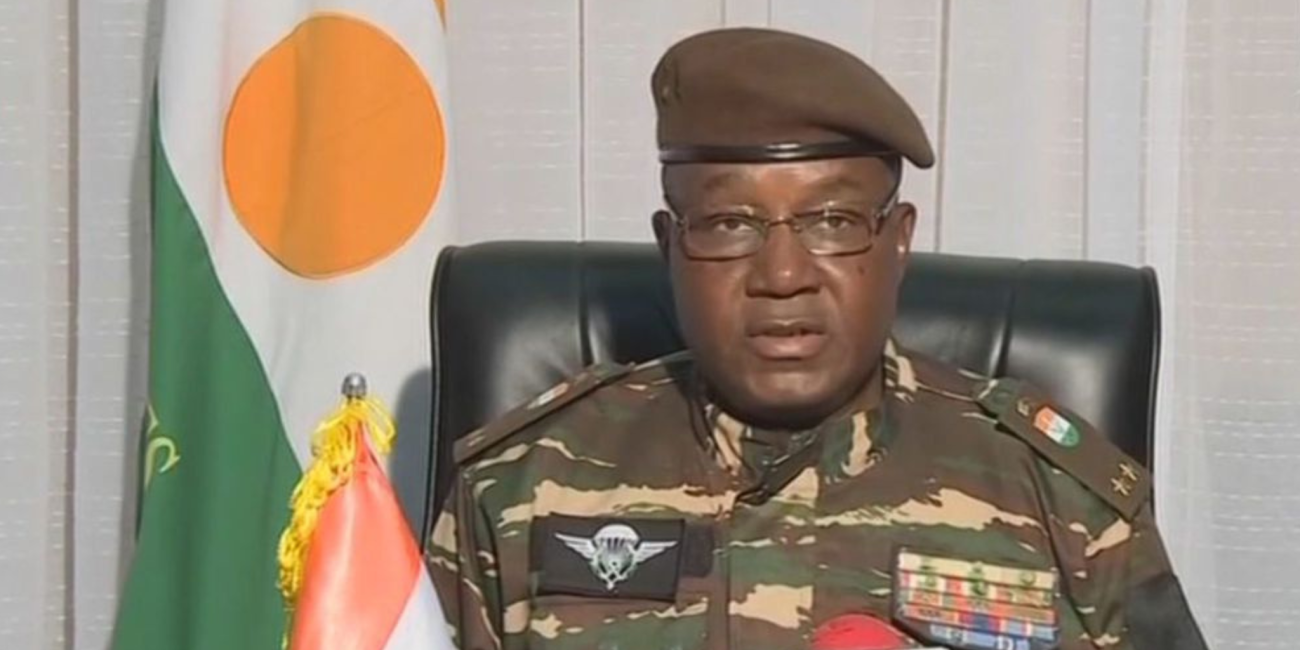TRIBUNE
The Malanville border crossing in northern Benin is one of the busiest in West Africa. Trucks with food, humanitarian aid and industrial materials usually flow freely into neighbouring Niger, one of the world›s poorest countries.
A line of thousands of trucks stretches back 25 km (15 miles) from the muddy shores of the Niger River that marks the frontier. Drivers stranded for weeks hang their clothes between trucks. Away from border guards, small traders pile goods onto wooden boats to cross the rain-lashed river.
The backlog is one of the clearest signs yet of the impact of sanctions imposed by regional bloc ECOWAS on Niger after a military coup on July 26.
The blockade is meant to pressure the junta to restore President Mohamed Bazoum to office. In the process, it has driven up the price of food inside Niger during the lean season, hampered industry and threatened a shortage of medical supplies, aid agencies, officials and residents said.
“We don’t know if we’ve been taken hostage or what,” said Nigerien trucker Soulemane, who has been stuck at the border with his cargo of sugar and oil for over 20 days. “There’s no food, there’s no water, there’s nowhere to sleep.”
There is little sign yet that the sanctions have dented the popularity of the junta. Thousands of people took the streets in support of the coup last Sunday, some of whom held anti-ECOWAS signs.
READ THE FULL STORY IN TRIBUNE


